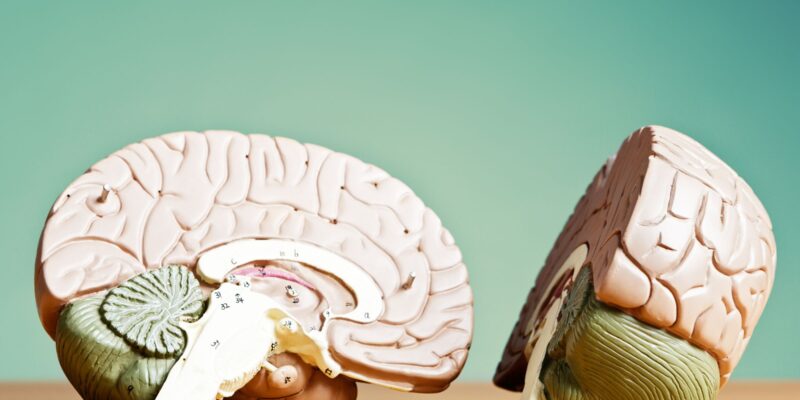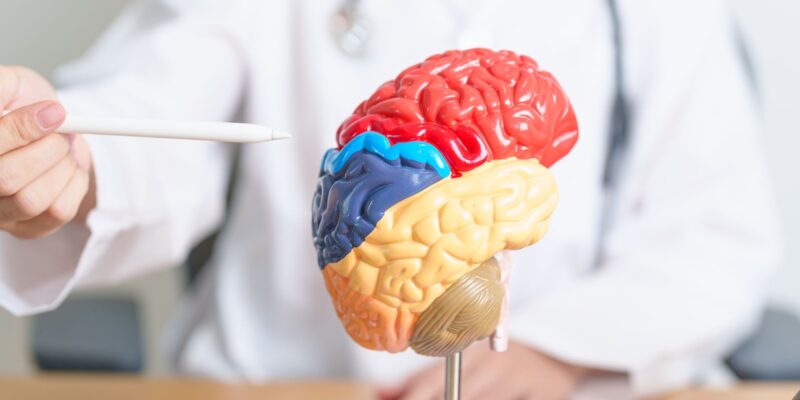Can problems in your inner ear really trigger seizures? The link between balance and brain…

What are the 7 Stages of Brain Development?
Brain development can be broadly divided into seven stages: neurogenesis, cell migration, cell differentiation, cell maturation, synaptogenesis, cell death and pruning, and myelogenesis.
Neurogenesis is the process of generating new neurons. It occurs primarily during embryonic development and continues to a lesser extent in some specific brain regions during adulthood. Neurogenesis plays a crucial role in increasing the size and complexity of the brain.
Cell migration is a stage in which newly generated neurons travel from their birthplace to their final destination in the brain. This process is guided by chemical signals and is essential for the appropriate wiring of brain circuits.
Cell differentiation is the stage where cells become specialized and acquire distinct functions. During this stage, neurons start to express specific genes that determine their identity and role in the brain.
Cell maturation is the process through which neurons develop and mature structurally and functionally. Neurons undergo significant changes in morphology and establish connections with other neurons.
Synaptogenesis is the formation of synapses, which are the connections between neurons. Synapses allow for communication and information processing in the brain, and their formation is a crucial step in brain development.
Cell death and pruning is a natural process of eliminating unnecessary or poorly functioning neurons and synapses. This pruning process helps refine brain circuitry and improve the efficiency of information processing.
Myelogenesis is the final stage of brain development, where myelin, a fatty substance, is produced and wraps around the nerve fibers. Myelin acts as an insulator and allows for faster and more efficient transmission of electrical signals in the brain.
These stages are crucial for the formation of a fully functional and mature brain.
What Influences Healthy Brain Development Stages?
Healthy brain development is greatly influenced by various factors, including relationships, positive interactions, and negative environmental factors. These factors play a crucial role in shaping a child’s brain and development.
Positive relationships and interactions with caregivers are vital during the early stages of brain development. When a child feels secure and loved, their brain is able to develop strong neural connections. Responsive and nurturing interactions with caregivers help stimulate and strengthen these connections, promoting healthy brain growth. On the other hand, negative interactions, such as neglect or abuse, can have detrimental effects on brain development. Stress and trauma experienced during these interactions can hinder the formation of important neural connections, impeding healthy brain development.
Meeting a child’s essential needs also contributes to healthy brain development. This includes providing a safe and stable environment, along with meeting their physical, emotional, and cognitive needs. When caregivers consistently meet these needs, it fosters a sense of security and trust in the child, positively influencing neural connections in the brain.
Engaging in simple activities like reading also has a profound impact on brain development. Reading with a child promotes language development and stimulates neural connections. It enhances cognitive abilities and contributes to overall brain growth.
Relationships, positive interactions, and meeting essential needs all influence healthy brain development stages. Nurturing relationships, positive interactions, and engaging activities foster the formation of neural connections, while negative environmental factors can hinder optimal brain development. It is crucial to prioritize these factors in order to support healthy brain growth in children.
What can Harm Fetal Brain Development?
Fetal brain development can be adversely affected by a number of factors, including poverty, abuse, neglect, stress, and environmental factors. Poverty often leads to limited access to quality healthcare, proper nutrition, and education, all of which are crucial for optimal brain development. Lack of essential nutrients during pregnancy can hamper brain growth and increase the risk of cognitive and behavioral impairments.
Abuse and neglect are detrimental to fetal brain development as they expose the unborn child to chronic stress and trauma. Stress triggers the release of stress hormones, such as cortisol, which, when present in excessive amounts, can disrupt the normal development of the fetal brain. Studies have shown that children exposed to abuse and neglect in early life are more likely to experience impairments in cognitive and emotional functioning.
Environmental factors can also have detrimental effects on fetal brain development. Exposure to toxic substances, such as lead and mercury, can impair neurodevelopment and increase the risk of cognitive deficits and neurodevelopmental disorders. Additionally, exposure to prenatal maternal smoking or secondhand smoke can negatively impact brain development and increase the risk of attention deficit hyperactivity disorder (ADHD).



